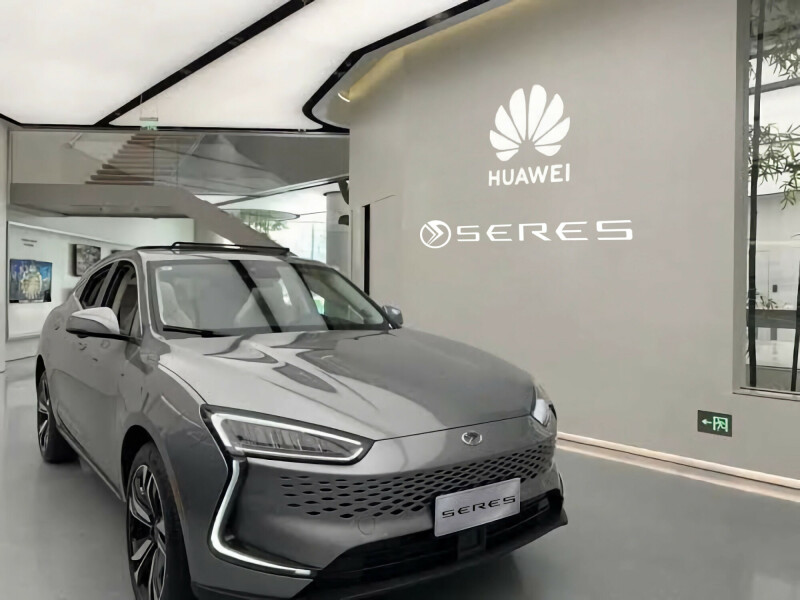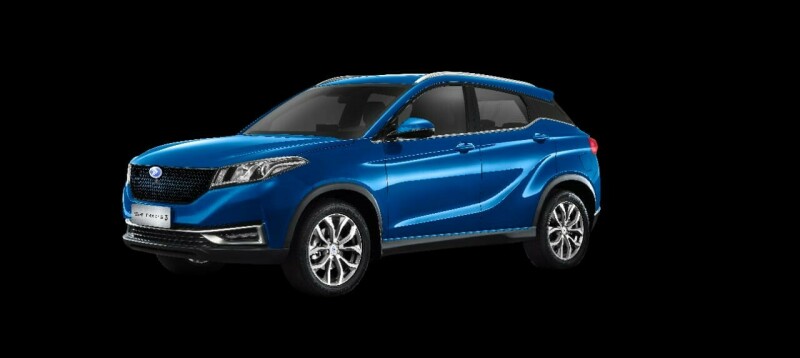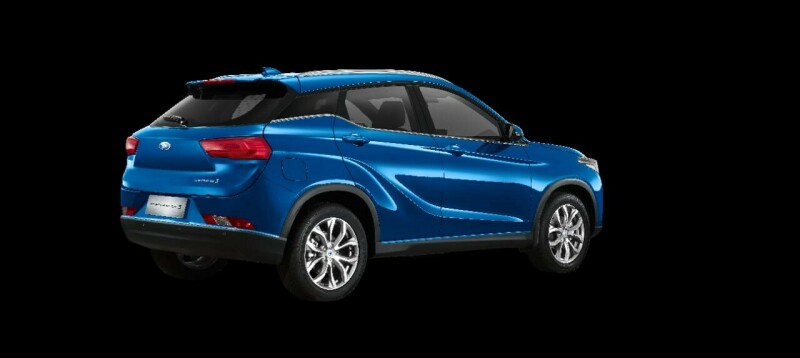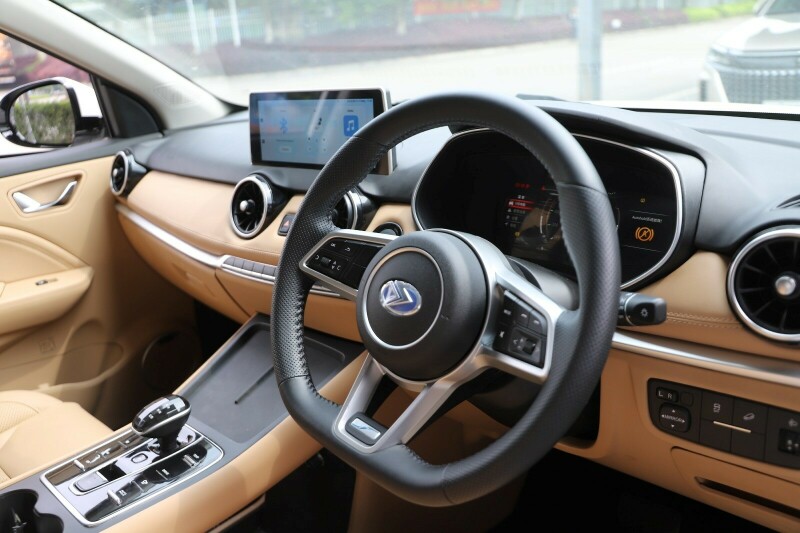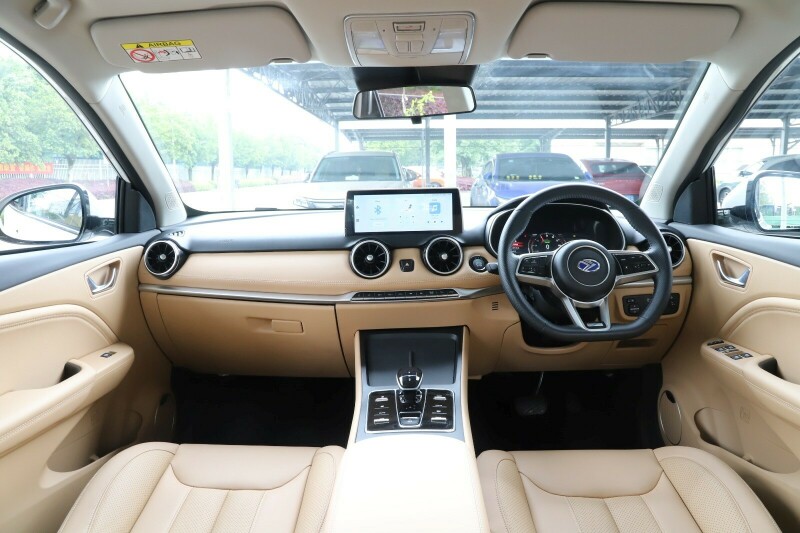ghazi52
PDF THINK TANK: ANALYST

- Joined
- Mar 21, 2007
- Messages
- 104,413
- Reaction score
- 106
- Country
- Location
.,.,.,
June 22, 2023
KARACHI: The Indus Motor Company (IMC), amidst a challenging economic climate and a downturn in auto manufacturing, is set to achieve a remarkable feat by introducing Pakistan’s first-ever “Make in Pakistan” Hybrid SUV.
The IMC’s commitment to the national economy, reducing carbon emissions, and creating superior vehicles for customers is exemplified by this significant milestone.
In September 2021, the IMC had announced an impressive investment of over US 100 million dollars for the local production of Hybrid Electric Vehicles (HEV). This move aligns with Toyota’s global vision of transitioning toward carbon neutrality and positions IMC as a leader in the SUV category in Pakistan, boasting the highest level of localisation.
While the entire economy, including the auto industry, faces severe challenges, IMC has remained steadfast in its localisation efforts and commitment to the Make in Pakistan initiative.
Ali Asghar Jamali, CEO of Indus Motor Company, emphasised the significance of this achievement, not only for IMC but for the entire automotive industry.
Despite the manufacturing sector grappling with an uncertain economic environment, fluctuating exchange rates, higher inflation, and restrictions on letter of credit (LC), IMC continues to deliver.
The car and light commercial vehicle sector currently operates at capacity levels of only 25-35%, in stark contrast to the same period last year.
The depreciation of the Pakistani rupee against the US dollar has significantly increased production costs. Additionally, the Consumer Price Index (CPI) inflation rate reached 38% in May, indicating the economic challenges faced by the country.
The highlight of the first make in Pakistan HEV SUV is the remarkable localisation achieved, with the manufacturing of skin and interior body parts taking place within the country.
This achievement was made possible through the hybrid incentives provided under the Auto Industry Development & Export Policy (AIDEP) 2021-26. However, sustainable growth and a focus on eco-friendly innovations require consistent government support and policies for the automotive sector.
Jamali stressed the importance of strong government support and the need for sustainable and eco-friendly standards in innovation without compromising the needs of future generations. As a key player in the automobile industry, the IMC is making strides in feasible development through advanced global and local technologies.
Hybrid cars not only offer economical and environmentally friendly solutions but also deliver excellent fuel efficiency while reducing the country’s high dependency on imported fuel.
The introduction of the Make in Pakistan Hybrid SUV by IMC signifies a significant achievement and sets a positive precedent for the future of the automotive industry in the country. With continued support and a focus on sustainability, IMC is driving Pakistan towards a greener and more prosperous automotive landscape.
IMC set to introduce locally-assembled hybrid SUV
RecorderJune 22, 2023
KARACHI: The Indus Motor Company (IMC), amidst a challenging economic climate and a downturn in auto manufacturing, is set to achieve a remarkable feat by introducing Pakistan’s first-ever “Make in Pakistan” Hybrid SUV.
The IMC’s commitment to the national economy, reducing carbon emissions, and creating superior vehicles for customers is exemplified by this significant milestone.
In September 2021, the IMC had announced an impressive investment of over US 100 million dollars for the local production of Hybrid Electric Vehicles (HEV). This move aligns with Toyota’s global vision of transitioning toward carbon neutrality and positions IMC as a leader in the SUV category in Pakistan, boasting the highest level of localisation.
While the entire economy, including the auto industry, faces severe challenges, IMC has remained steadfast in its localisation efforts and commitment to the Make in Pakistan initiative.
Ali Asghar Jamali, CEO of Indus Motor Company, emphasised the significance of this achievement, not only for IMC but for the entire automotive industry.
Despite the manufacturing sector grappling with an uncertain economic environment, fluctuating exchange rates, higher inflation, and restrictions on letter of credit (LC), IMC continues to deliver.
The car and light commercial vehicle sector currently operates at capacity levels of only 25-35%, in stark contrast to the same period last year.
The depreciation of the Pakistani rupee against the US dollar has significantly increased production costs. Additionally, the Consumer Price Index (CPI) inflation rate reached 38% in May, indicating the economic challenges faced by the country.
The highlight of the first make in Pakistan HEV SUV is the remarkable localisation achieved, with the manufacturing of skin and interior body parts taking place within the country.
This achievement was made possible through the hybrid incentives provided under the Auto Industry Development & Export Policy (AIDEP) 2021-26. However, sustainable growth and a focus on eco-friendly innovations require consistent government support and policies for the automotive sector.
Jamali stressed the importance of strong government support and the need for sustainable and eco-friendly standards in innovation without compromising the needs of future generations. As a key player in the automobile industry, the IMC is making strides in feasible development through advanced global and local technologies.
Hybrid cars not only offer economical and environmentally friendly solutions but also deliver excellent fuel efficiency while reducing the country’s high dependency on imported fuel.
The introduction of the Make in Pakistan Hybrid SUV by IMC signifies a significant achievement and sets a positive precedent for the future of the automotive industry in the country. With continued support and a focus on sustainability, IMC is driving Pakistan towards a greener and more prosperous automotive landscape.


